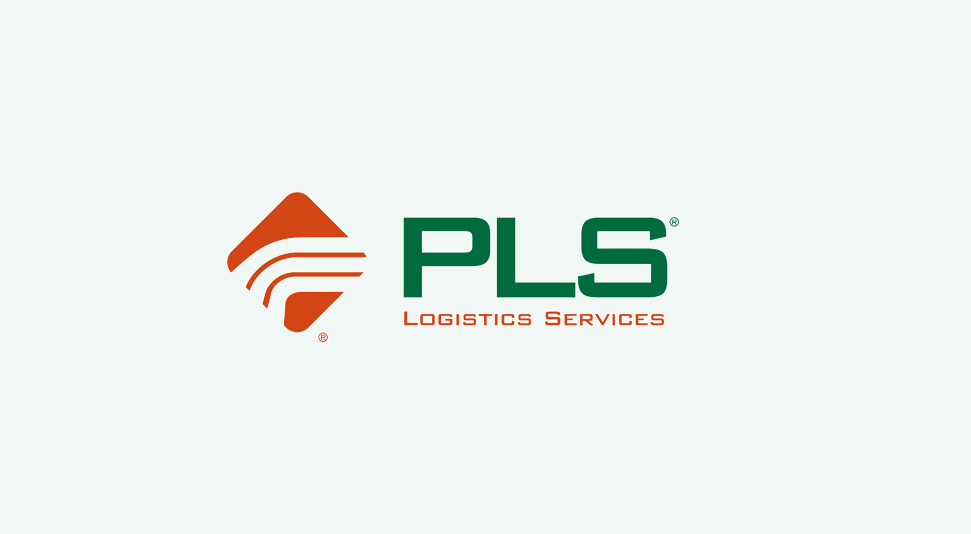Trending Transportation News: January 2016

Here’s a recap of transportation news stories throughout the month: Intermodal Decline for First Time Since ’09. Intermodal freight declined in Q4 for the first time since 2009 on a year-over-year basis. In 2015, intermodal accounted for 48% of all rail shipments and increased about 2% for the full year.
Case Study: Manufacturer Reduces Freight Spend Through Automation

Situation A North American producer of refractory bricks and mortars, with a network of over 30 plants and distribution centers throughout the U.S. and Canada, was concerned about their transportation strategy. The company was apprehensive about their total freight spend but didn’t know the best way to reduce costs.
Lessons Learned from Supply Chain Disruption

SupplyChainDisruption.jpgSupply chain disruptions span from day-to-day risks like malfunctioning equipment to high-impact threats like natural disasters.
How to Use Big Data in Freight Transportation

Big data has been a buzzword for some time, and for good reason. There are some pretty radical potential applications of big data, such as accurate demand forecasting or industry-wide real-time visibility. Oracle calls big data the “electricity of the twenty-first century – a new kind of power that transforms everything it touches in business, government and private life.” There are also many ways to use big data in freight transportation.
Addressing Customer Satisfaction with Freight Management

In a few years, 89% of companies will compete almost entirely on customer experience. “Options are no longer a privilege during the shopping experience,” says Christoph Stehmann, COO of Digital Commerce Solutions, Pitney Bowes. “Retailers must focus on offering diverse options in order to attract consumers throughout their shopping experiences.”
4 Reasons Why Transportation is Crucial to Manufacturing Operations

The driver shortage, government regulations, and rising operating costs are some of the biggest challenges facing the transportation industry. The number of drivers is quickly decreasing, and the remaining drivers are demanding a salary raise. Due to these challenges, higher shipping costs are anticipated.
PLS Logistics Continues Expansion, Opens Office in Charlotte

The office opened January 18, 2016, with an initial team of 20 employees and expects to hire 200 additional employees over the next several years. The office is located in the Fifth Third Center Building at 201 North Tryon Street, Suite 1500, Charlotte, North Carolina.
The Main Reason it’s Time to Throw Away Manual Processes

A 2015 Logistics Management survey shows that only 35% of shippers are using transportation management systems as part of their overall supply chain management strategies. Companies that rely on spreadsheets and manual interactions with suppliers are spending a lot of time on functions that can be automated by a transportation management system. With a TMS, companies can be active in pursuing lower costs, faster lanes and productive solutions.
6 Quick Questions to Ask Before Buying a TMS

Choosing TMS, or a transportation management system for your company is a huge decision because there are a variety of providers and features. A TMS helps companies move freight efficiently, reliably and at lower rates. Implementing a TMS drives value by monitoring and evaluating processes, analytics and optimization. The technology routes drivers, schedules deliveries and reports business KPIs.
Market Update: How the Transportation Industry Starts the Year

Last year turned out to be a great year for transportation. Rates stayed fairly even despite predictions that they would rise, trucking companies were able to make significant profits for the first time in years, and capacity was loose enough to meet demand.

